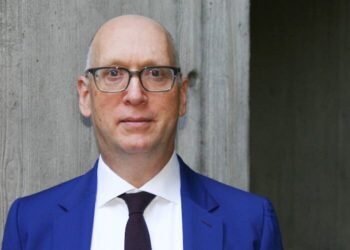


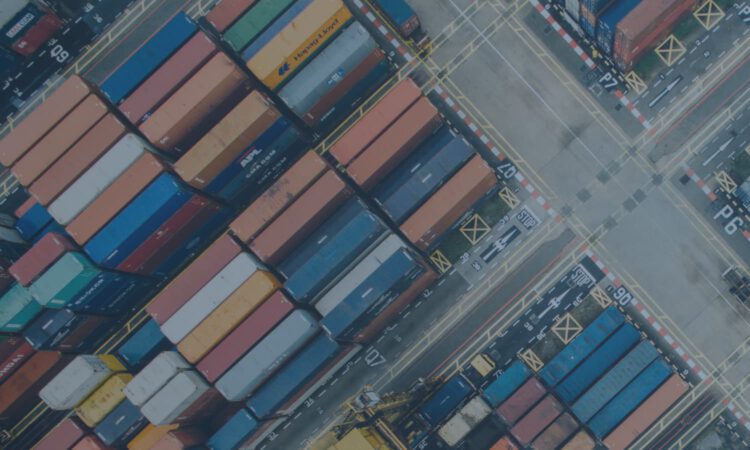
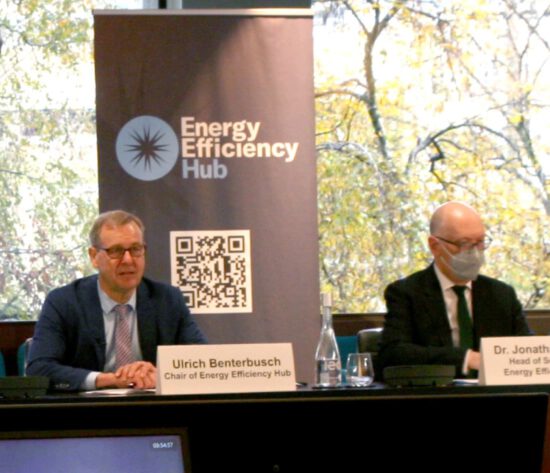
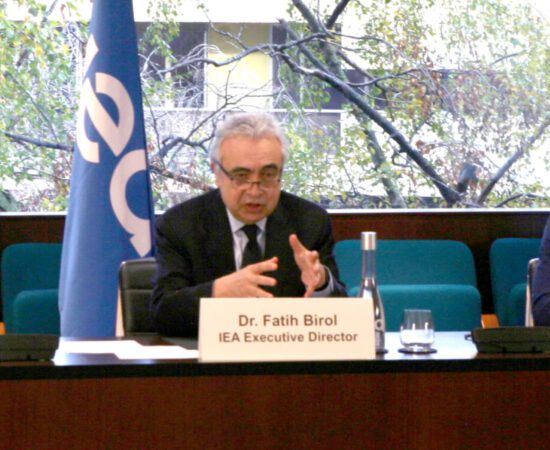
History
The Hub is a voluntary collaboration among 16 governments seeking to strengthen their effectiveness in deploying energy efficiency. Its Secretariat is hosted at the International Energy Agency (IEA) to foster coordination with the Agency and with other international organisations, the private sector, and other stakeholders.
The need to strengthen the intergovernmental collaboration on energy efficiency has long been felt by many countries and was reaffirmed at the G20 Leaders’ Summit in Hamburg in 2017. Germany, then President of the G20, proposed to establish the Energy Efficiency Hub as part of the G20’s actions.
Being based at the IEA will enable the Hub to cooperate effectively with IEA experts and the other key initiatives and activities we host, including the Clean Energy Ministerial. The launch of the Hub is a clear and encouraging signal that momentum is building behind greater energy efficiency action worldwide.
Dr. Fatih Birol, IEA Executive Director
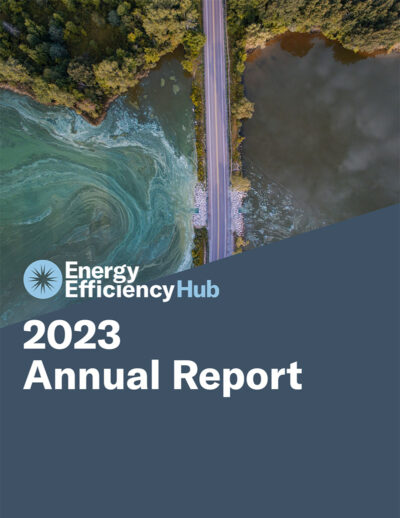
At G20 meeting in Hamburg, Germany proposes to establish the Energy Efficiency Hub.
Creation of the Hub is included in G20 Hamburg Climate and Energy Action Plan for Growth.
Founding Hub Members establish a Steering Committee and explore options for hosting the Hub Secretariat.
Proposal to host the Hub Secretariat at the IEA is discussed at its Governing Board meetings.
The IEA Governing Board decides to host the Hub Secretariat as a Special Activity.
The Hub Steering Committee and the IEA Governing Board approve Administrative Arrangement for hosting of the Hub.
Germany selected as Chair of the Hub.
The Hub Steering Committee establishes internal procedures, including rules for approving Task Groups.
The Hub Secretariat is recruited and starts operations in Paris, France.
The Hub launch event is held in December.
The Hub is referenced in Joint G20 Energy-Climate Ministerial Communiqué
The Hub Secretariat becomes fully operational, supporting the work of the Hub’s Task Groups.
The Hub is acknowledged in G7 Climate, Energy and Environment Ministers’ Communiqué.
Australia has succeeded Germany as Chair of the Hub.
Energy Efficiency in Buildings Task Group launched.
The Hub is holding a Special Event at the 8th Annual Global Conference on Energy Efficiency in June, 2023.
The Hub is referenced in G20 Energy Transition Ministers’ Meeting Outcome Document and Chair’s Summary.
The European Commission has succeeded Australia as Chair of the Hub.
The Hub published its 2023 Annual report.
Hub Members oversee and direct the Hub through a Steering Committee, composed of one representative from each Member.
Argentina, Australia, Brazil, Canada, China, Denmark, European Commission, France, Germany, Japan, Korea, Luxembourg, Russia, Saudi Arabia, United Kingdom and United States.
The Chair is appointed by the Steering Committee to set the direction for the Hub and guide its substantive work. The Hub has two Vice Chairs – China and the United States – nominated and appointed by the Steering Committee to support the Chair and provide overall leadership between Steering Committee meetings.
The Hub is currently Chaired by the European Commission’s Dr Tudor Constantinescu, Principal Adviser to the Director General for Energy. He works on energy priorities and initiatives related to hydrogen and to financing of the energy transition, notably through cohesion policy.
His previous positions include founding Executive Director of the Buildings Performance Institute Europe, president of the Romanian Agency for Energy Conservation, and leader of energy efficiency activities under the Energy Charter Protocol on Energy Efficiency and Related Environmental Aspects.

“The Hub plays an important role in supporting its Members in achieving the objective of doubling the average annual rate energy efficiency improvements agreed at COP28 in Dubai. By providing a forum for intergovernmental dialogue on energy efficiency alongside the International Energy Agency and cooperating with a range of international organisations and stakeholders, the Hub works with its Members on topics of their interest, offering the highest potential for improving energy efficiency.”
Hub Members are supported by a small, dedicated Secretariat.
The Secretariat is responsible for administrative and financial management, organising meetings of the Steering Committee and other Hub events, and facilitating and communicating about the work of the Task Groups. The Secretariat benefits from strong engagement and synergies with the IEA’s energy efficiency activities. Funding for the Hub’s activities is provided by its Members, on a voluntary basis.



March 28, 2023




September 11, 2023